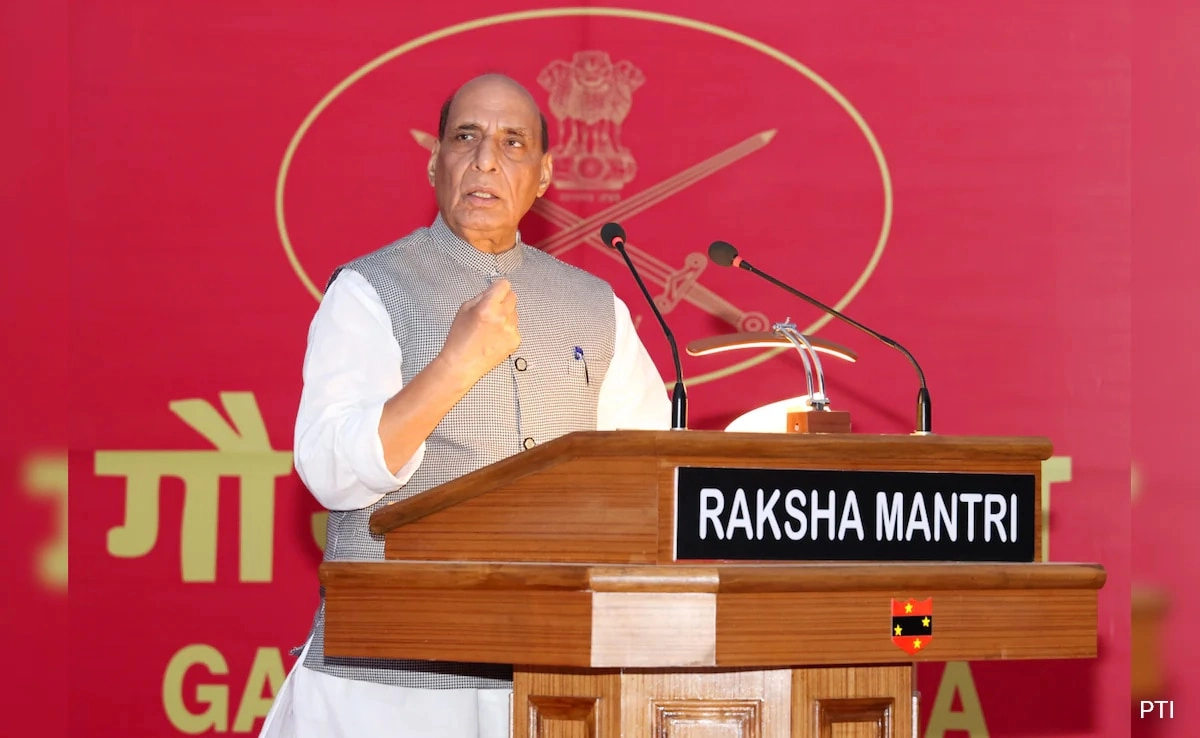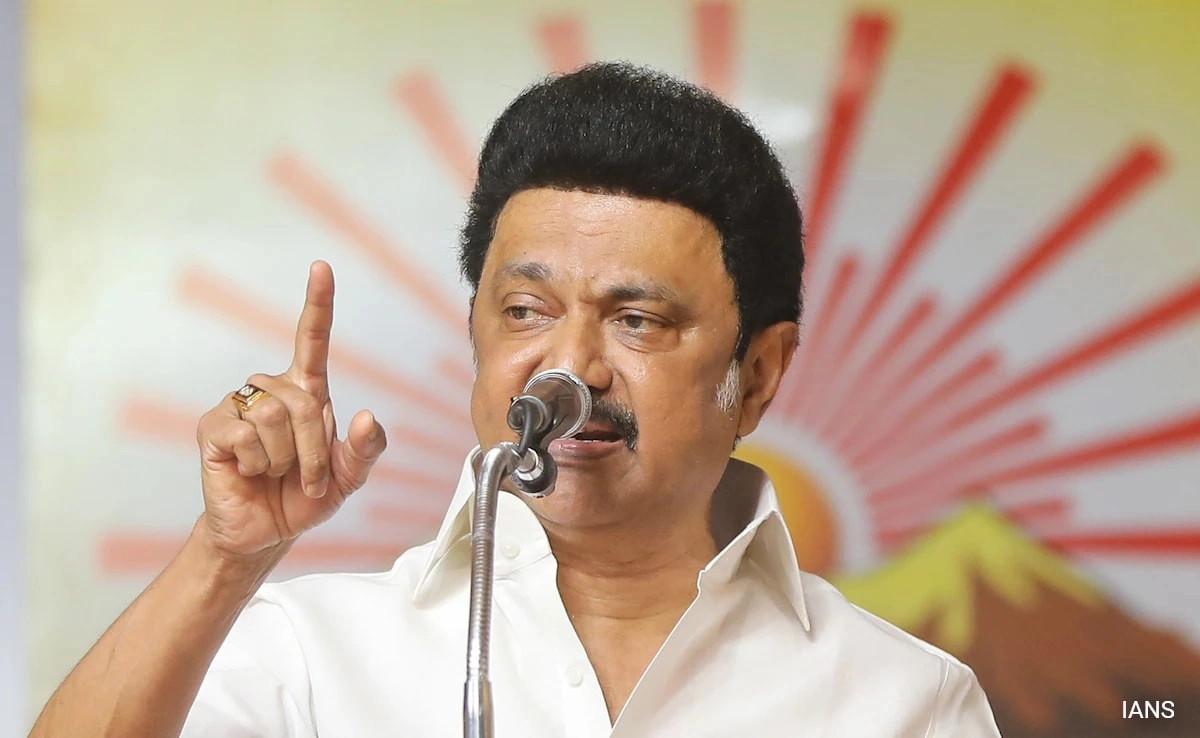In a recent incident in Chhattisgarh, a group of students attending a National Cadet Corps (NCC) camp found themselves compelled to perform Namaz, which has raised significant concerns regarding religious freedom and the autonomy of students in educational settings. The situation unfolded when the students reported that they were pressured to engage in prayer rituals that were not aligned with their personal beliefs. As a result, this incident has ignited a debate on the appropriateness of religious practices within structured educational programs like the NCC, which is designed to promote discipline, leadership, and unity among cadets from diverse backgrounds.
Authorities have responded to the situation by charging eight individuals in connection with the alleged coercion of students to participate in the religious practices. The police are investigating the incident to ascertain the facts surrounding the claims made by the students. This has triggered a broader discussion on the balance between fostering a sense of community and respecting individual religious beliefs. Critics of the NCC camp’s approach argue that while camaraderie and shared experiences are essential, they should never come at the expense of personal convictions or rights to religious freedom.
The controversy highlights a crucial aspect of educational institutions and extracurricular programs: the need for inclusivity and respect for diversity. In a country as varied as India, where multiple religions coexist, it is imperative that organizations, including the NCC, create an environment that honors each individual’s right to practice their faith—or to choose not to practice any faith at all. As the investigation unfolds, it is hoped that it will lead to clearer guidelines on how such camps can operate without infringing on the personal beliefs of participants, ensuring that all students feel safe and respected regardless of their background.
In light of this incident, stakeholders in education and military training programs must consider the implications of enforced religious practices. Discussions regarding policy changes could pave the way for a more inclusive approach, ensuring that activities respect students’ beliefs while still fostering a spirit of unity and discipline. Ultimately, the focus should be on cultivating an environment where students feel empowered to express their identities freely, thus enriching the collective experience of all participants at NCC camps and similar gatherings.




